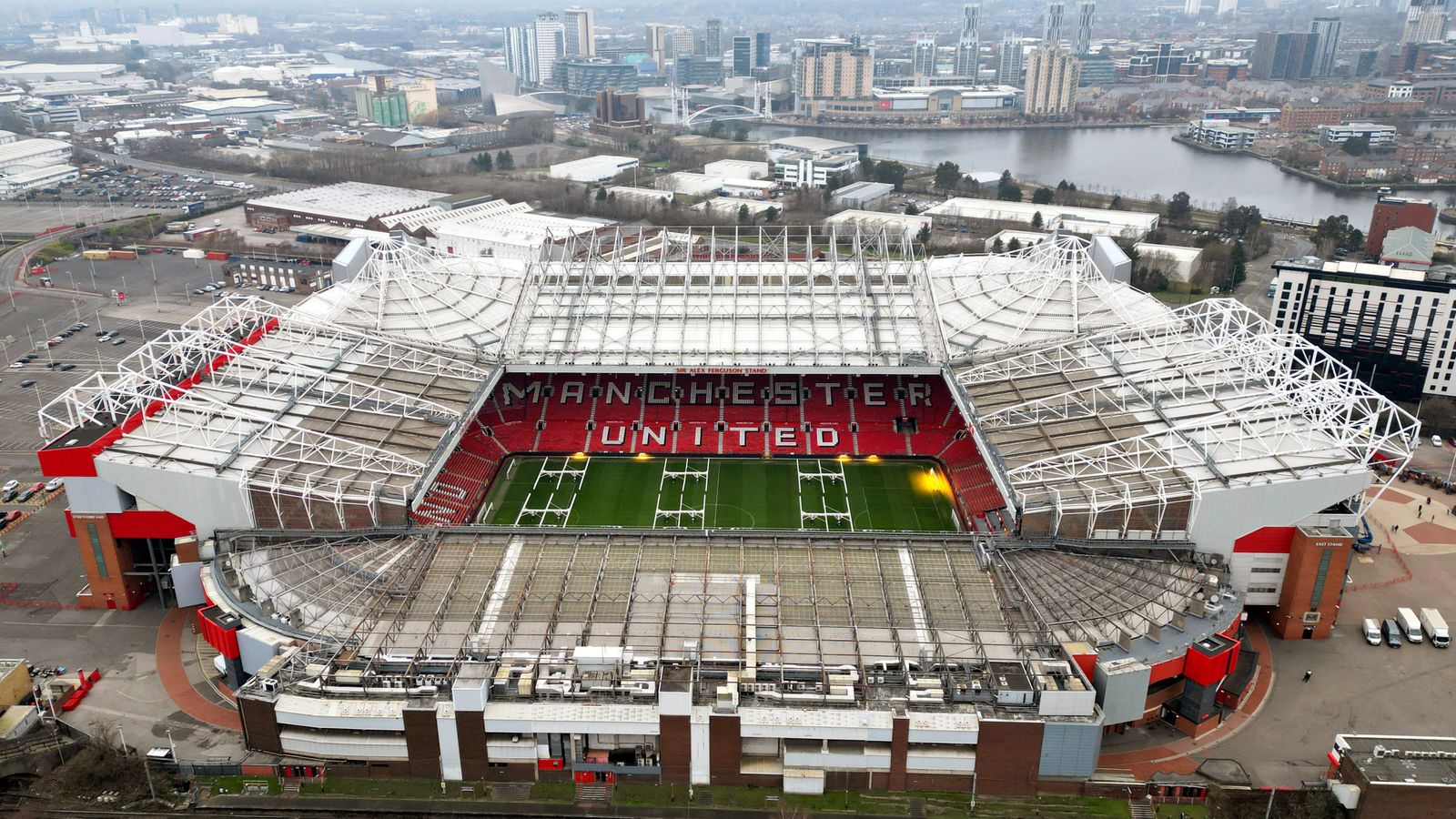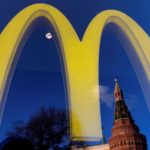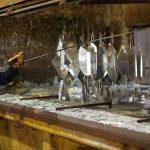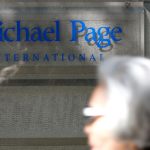Manchester United has raised its forecasts for annual revenue and profit, weeks after the club secured its place in next season’s Champions League.
The club, which is seven months into a sale process, said stronger commercial and matchday revenue over the last season was tipped to push total revenue to a record between £630m-£640m in the 12 months to the end of June.
The US-listed firm had previously forecast a range between £590m-£610m.
Manchester United also nudged upwards its expectations for adjusted profits to between £140m and £150m.
It followed a season that saw the club achieve a top-four Premier League finish to guarantee its place in Europe’s most lucrative competition for 2023/24 under manager Erik ten Hag.
A third place league position was followed by a defeat to fierce rivals Manchester City in the FA Cup thought that loss would have bolstered club coffers.
Please use Chrome browser for a more accessible video player
Events off the pitch, however, have dominated fans’ minds as they hope a deal is close that will end the ownership of the Glazer family.
Cost of living: Supermarket bosses back fuel transparency but defend food prices
Cost of living – latest updates: ‘Take meter reading this week’ warning from Martin Lewis ahead of price cap change
Banks aren’t passing interest rate hikes on to savers fast enough, chancellor warns
The US-based owners indicated in November last year they were open to the prospect of a sale but were examining other options including minority investment.
There are two front-runners to buy the club outright – INEOS tycoon Sir Jim Ratcliffe and Qatar’s Sheikh Jassim Bin Hamad Al Thani.
Please use Chrome browser for a more accessible video player
Both their offers are understood to undershoot the £6bn being sought by the Glazers, with only the sheikh’s latest bid believed to involve a total takeover immediately as Sir Jim’s offer would be a phased purchase.
There was no update on the sale process in United’s results statement.
The drawn out sale is frustrating for fans who have long opposed the Glazer ownership due to its debt structure which, they argue, has held investment in the squad and aging stadium.






















